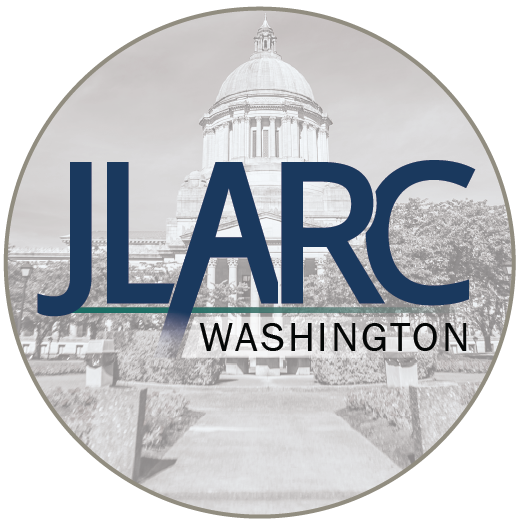Guide to performance audits
This guide to the Joint Legislative Audit and Review Committee's (JLARC) performance audits provides information about the role of performance audits, professional standards, and the performance audit process.
If it happens in state government, JLARC staff can evaluate it.
JLARC performance audits assess if a program works as intended, meets goals, and operates efficiently
Performance audits are independent, objective evaluations of state agency and program performance. They can:
- Assess efficiency, effectiveness, compliance, and accountability.
- Compare operations to legal requirements, best practice, or other states.
- Identify ways to reduce cost or improve service delivery.
Learn more about our study process.
We follow professional standards. We base our conclusions and recommendations on evidence and objective criteria.
- Nonpartisan JLARC staff complete the audits and reviews.
- We follow professional audit standards set by the U.S. Government Accountability Office (GAO). This includes independence from the audited agency, interested parties, and individual legislators.
- Evidence and criteria come from agency documentation, interviews, legal analysis, literature reviews, surveys, statistical and economic modeling, and more.
- The Legislative Auditor may recommend improvements to the audited agency or Legislature.
Studies follow a standard process

-
Preliminary research and proposed study questions
We learn about the program and develop study questions to scope our work.
-
Field work and analysis
We research and collect evidence to answer the study questions.
-
Report and presentation
We write a preliminary report and present it to the committee at a public meeting. We include the agency's official response in the proposed final report.
-
Recommendation follow-up
If the report has recommendations, we will ask the agency for updates on the implementation status for up to four years.

